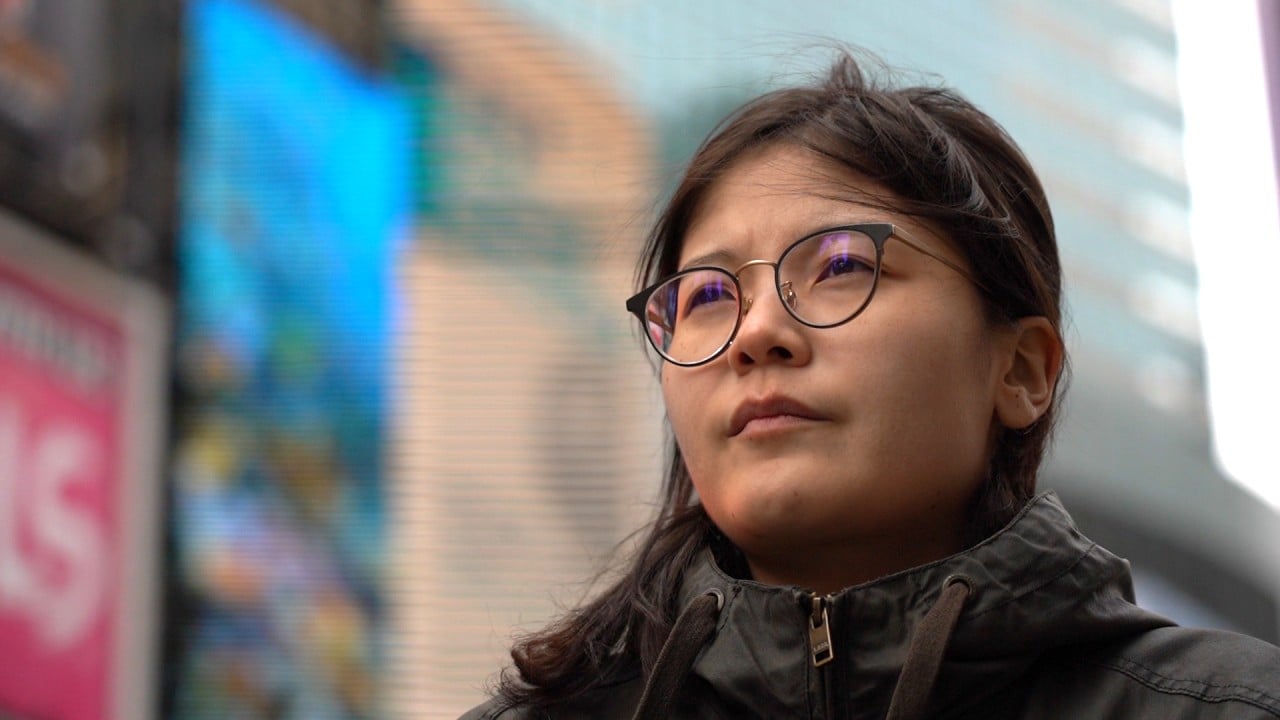Uygur man awaits Morocco ruling as China seeks extradition after Interpol snub
- Case of Yidiresi Aishan has drawn ‘deep concern’ from UN human rights experts over his potential treatment if he is sent back to China
- Interpol cancelled an alert China requested for Aishan, who lives in Turkey and has published Uygur newspapers and collected accounts of abuses in Xinjiang


12:39
What happened to our parents? Uygur sisters seek answers
A letter from four of the UN Human Rights Council’s independent experts to the Moroccan government said: “We express our deep concern about the potential extradition of Mr Aishan to China, where he risks being subjected to torture and other ill-treatment, both for him being part of an ethnic and religious minority as well as the allegations of being affiliated with a terrorist organisation.”
The letter also asked Morocco to take note of its obligations under treaties such as the Convention Against Torture, which it ratified in 1993. The convention says that states should not deport or extradite a person towards another where they risk being subject to torture.
As of Thursday, the Moroccan authorities had not responded to the letter, which was sent on August 11 and made public on Monday, two months later.